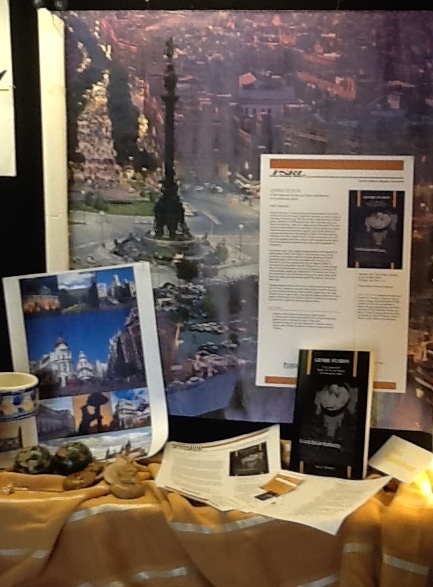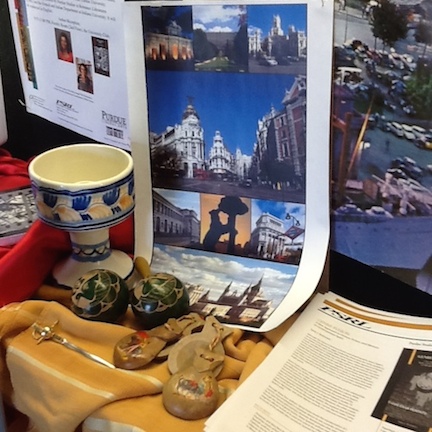Genre Fusion: A New Approach to History, Fiction, and Memory in Contemporary Spain
Sara J. Brenneis
Although the boom in historical fiction and historiography about Spain’s recent past has found an eager readership, these texts are rarely studied as two halves of the same story. With Genre Fusion: A New Approach to History, Fiction, and Memory in Contemporary Spain, Sara J. Brenneis argues that fiction and nonfiction written by a single author and focused on the same historical moment deserve to be read side-by-side. By proposing a literary model that examines these genres together, Genre Fusiongives equal importance to fiction and historiography in Spain. In her book, Brenneis develops a new theory of “genre fusion” to show how authors who write both historiography and fiction produce a more accurate representation of the lived experience of Spanish history than would be possible in a single genre.
Genre Fusion opens with a straightforward overview of the relationships among history, fiction, and memory in contemporary culture. While providing an up-to-date context for scholarly debates about Spain’s historical memory, Genre Fusion also expands the contours of the discussion beyond the specialized territory of Hispanic studies. To demonstrate the theoretical necessity of genre fusion, Brenneis analyzes pairs of interconnected texts—one a work of literature, the other a work of historiography—written by a single author. She explores how fictional and nonfictional works by Montserrat Roig, Carmen Martín Gaite, Carlos Blanco Aguinaga, and Javier Marías unearth the collective memories of Spain’s past. Through these four authors,Genre Fusion traces the transformation of a country once enveloped in a postwar silence to one currently consumed by its own history and memory. Brenneis demonstrates that when read through the lens of genre fusion, these Spanish authors shelve the country’s stagnant official record of its past and unlock the collective and personal accounts of the people who constitute Spanish history.
"Autofiction, metafiction, genre fusion. How do we explain the blending of generic discourses in the reconstruction of recent Spanish history? Using the work of Montserrat Roig, Carmen Martín Gaite, Carlos Blanco Aguinaga, and Javier Marías as case studies, Brenneis demonstrates convincingly how the melding and interpenetration of genres (most importantly, history in fiction and fiction in history) functions in modern Spanish narrative." —Samuel Amago, University of North Carolina
"The author presents a convincing case for the usefiulness of a tandem, hybrid reading of literary and historiographic works by the same author. … the greatest strength of the book is … the importance of the reader in negotiating the 'truth value' of both types of texts." —Anna E. Hiller, Studies in 20th and 21st Century Literature 39.2 (2015): article 18, http://dx.doi.org/10.4148/2334-4415.1850
Sara J. Brenneis, Amherst College, teaches a diverse array of courses on contemporary Spanish culture. She has published scholarly articles in journals such as the Bulletin of Hispanic Studies, Letras Femeninas and History & Memory on the overlapping of history and fiction in Spanish literature. Dr. Brenneis’s current work focuses on issues of historical memory in Spanish representations of the Holocaust.
PSRL 59. 2014. ca. ix, 220 pp. Paper ISBN 10: 1-55753-678-3
ISBN 13: 978-1-55753-678-5 $45.00; E-Book available, $38.99.

Window display in Stanley Coulter Hall, April 9-16, 2014.
Information last updated on August 17, 2018.
For further information about this book, contact the production editor at psrl@purdue.edu
